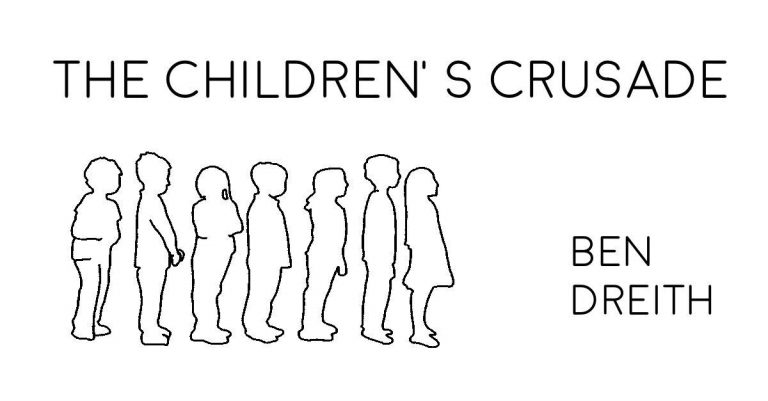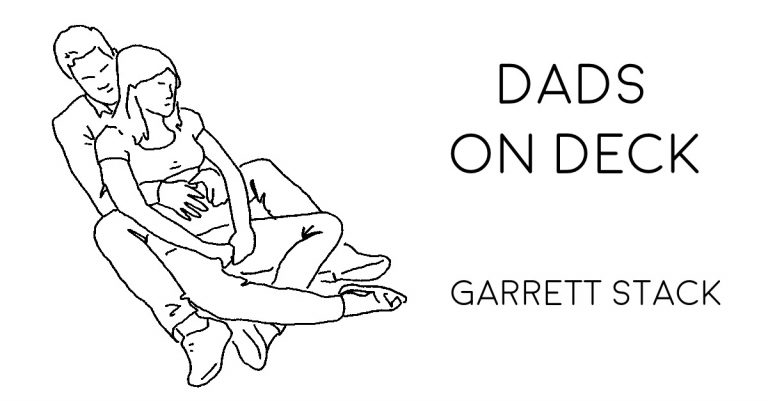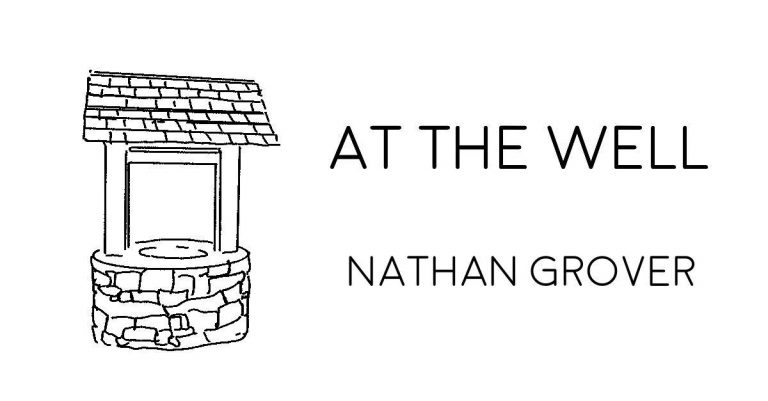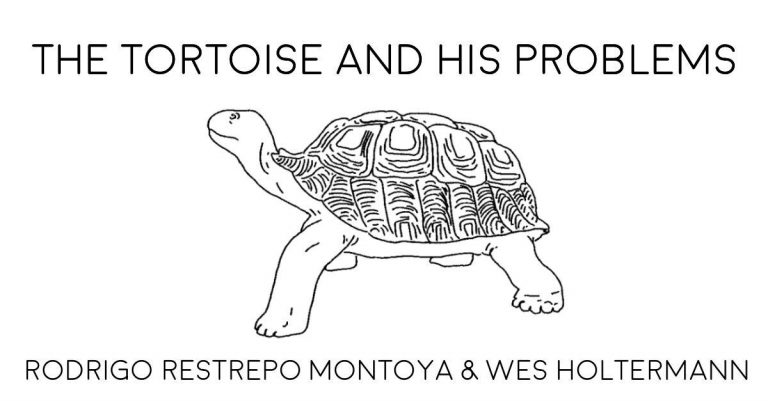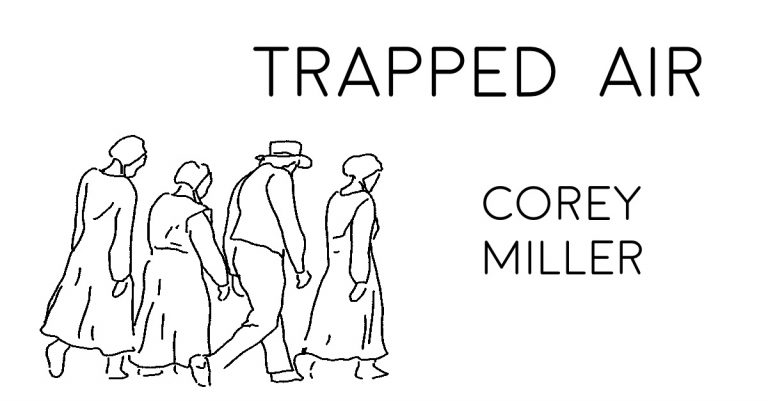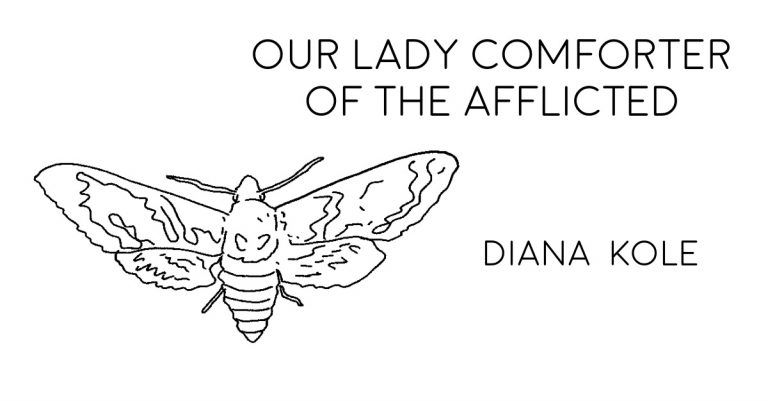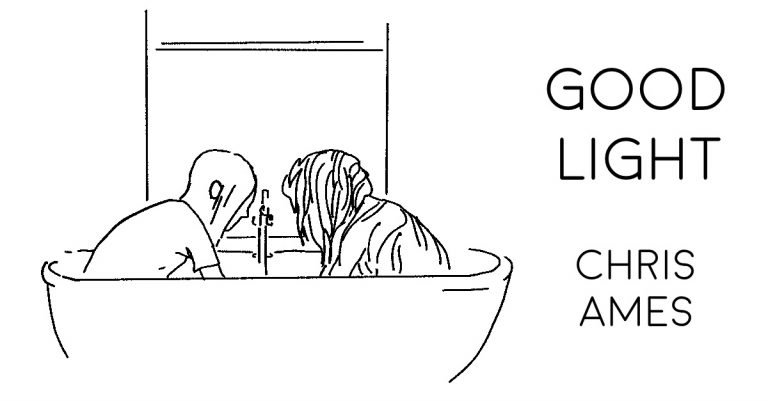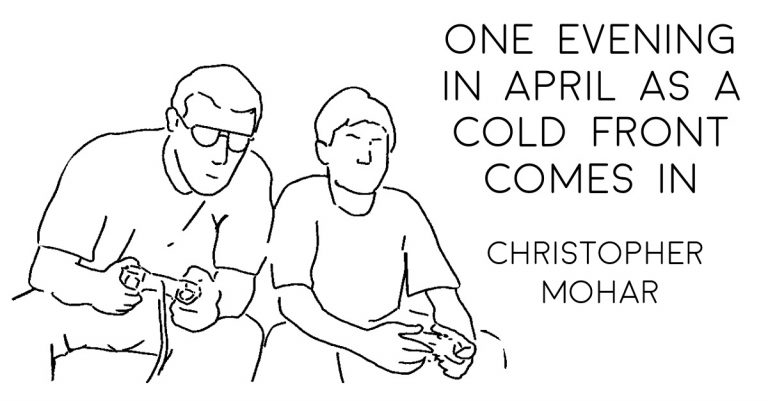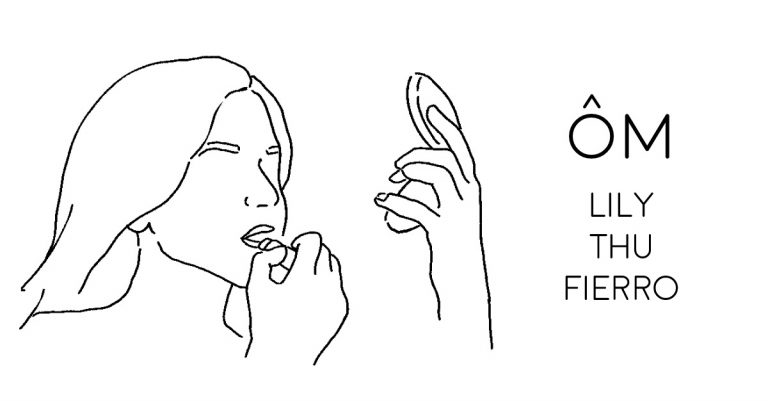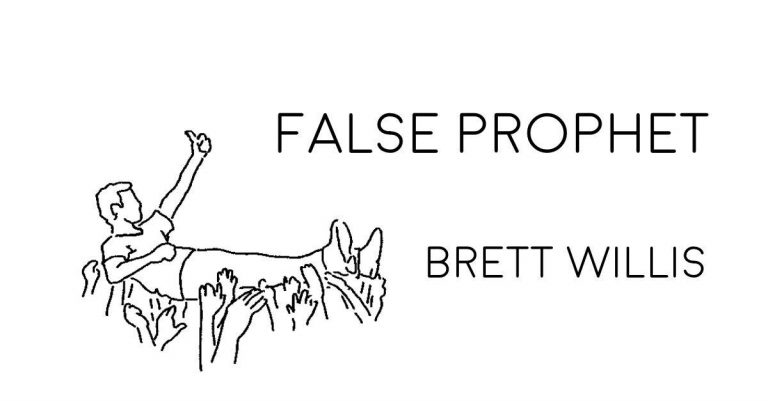
FALSE PROPHET by Brett Willis
About five minutes after merging onto I-95 south, Karl’s mattress flew from the car’s roof. This was despite Tom’s best efforts; he had found a ball of twine in the back of Karl’s ex-girlfriend’s closet and managed a couple of extra loops around. Before its departure, the mattress had flopped on the roof like some overzealous wrestler. As, in the rearview mirror, Karl’s mattress frisbeed over the shoulder, Tom felt the stinging heat of resentment rise at the base of his throat. Once again, Karl would need someone else to help him out of a jam of his own making.

